“The weather, the food, the culture, and, most importantly, the people attracted me to USA Health,” he said. “Being from the North, this was an easy decision to finally get some sunshine.”

In this issue, you’ll meet Ocean Kelly, who was born with a rare genetic disorder; hear from leaders in medical education and student affairs at the Whiddon College of Medicine; learn about menopause care available at USA Health; and celebrate with Providence employees as they joined the health system.
News at USA Health
Stay up to date on the latest news from our providers, facilities and researchers at USA Health.
With a passion for academic medicine, she is also an associate professor of internal medicine at the Frederick P. Whiddon College of Medicine at the University of South Alabama.
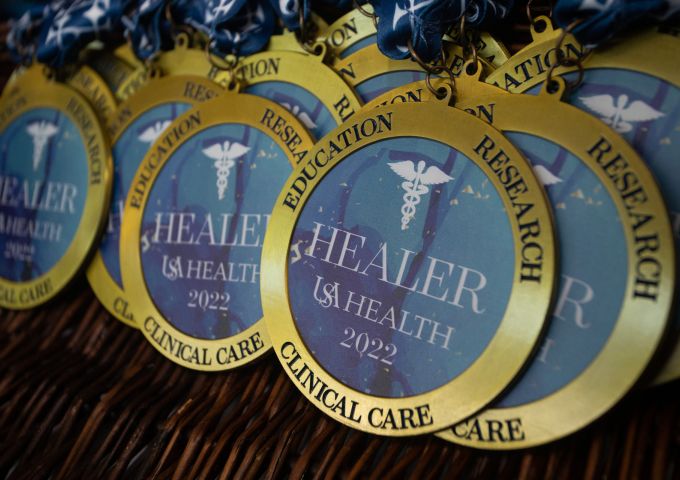
“To all of the healthcare healers: You stand beside us at our worst times, holding our hands and our hearts as you help us through some of the most frightening moments of our lives,” said Owen Bailey, M.H.A., FACHE, chief executive officer for USA Health.
Their presentation – which highlights the breadth of capabilities at USA Health for burn patients – demonstrates the benefits of a collaborative care approach across the inpatient and outpatient setting.
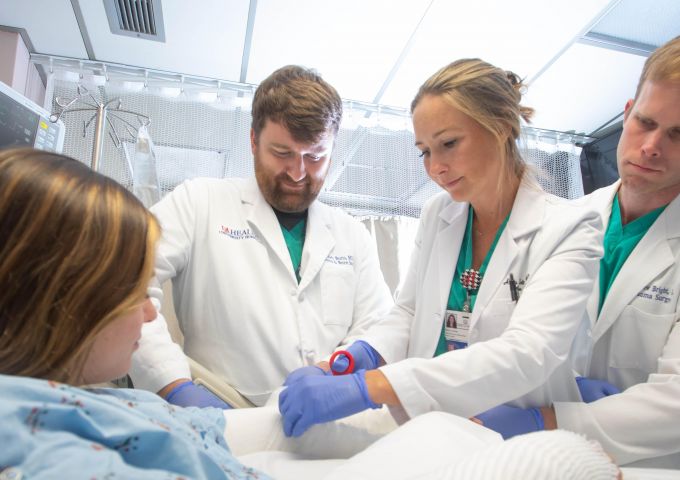
It’s important to prepare, plan and practice fire safety drills at home and work.
M. Adeel Saleemi, M.D. specializes in endovascular treatments of cerebral aneurysms, acute stroke therapy, cerebral and spinal angiography, preoperative tumor embolization, intracranial and extracranial angioplasty and stenting, and cerebral vascular malformation embolization.

Jennifer Young Pierce, M.D., M.P.H., will give an oral presentation outlining the results of a study that looked at positive results of cancer survivors who participated in culinary medicine classes.
Prior to joining USA Health, Sumit Chhetri, M.D., was an assistant professor at the Medical College of Georgia in Augusta.
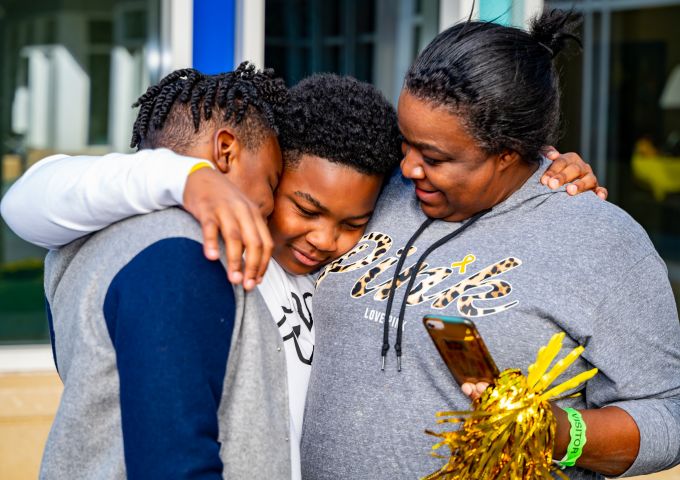
September, which is Childhood Cancer Awareness Month, came to a close with more than a dozen patients completing their cancer treatment at USA Health Children’s & Women’s Hospital.
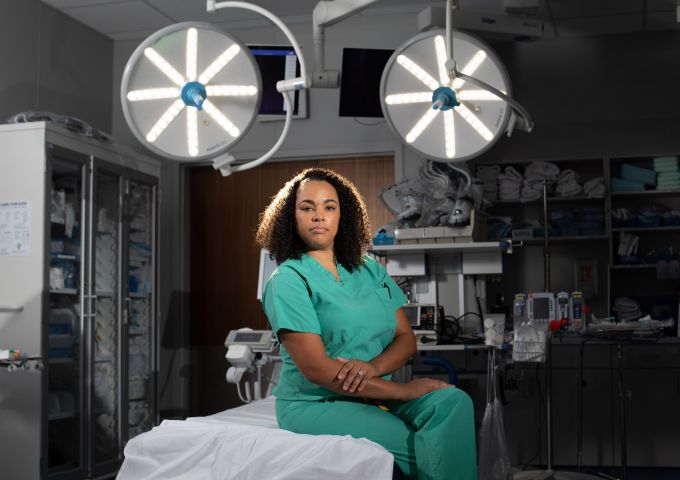
The focus of the presentation was to explore the idea that trauma centers can feasibly lead community-based initiatives that aim to curb gun violence and positively impact the community.
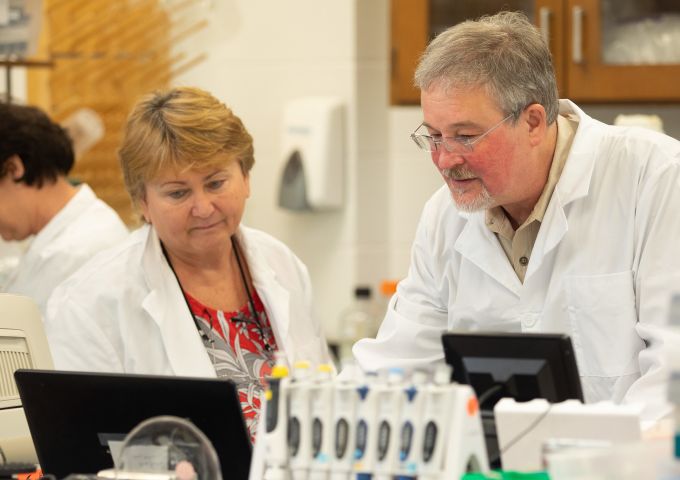
Known as the GeneSwap approach, this new technology provides novel insights into mitochondrial diseases, which are often lethal and have only palliative treatments available.
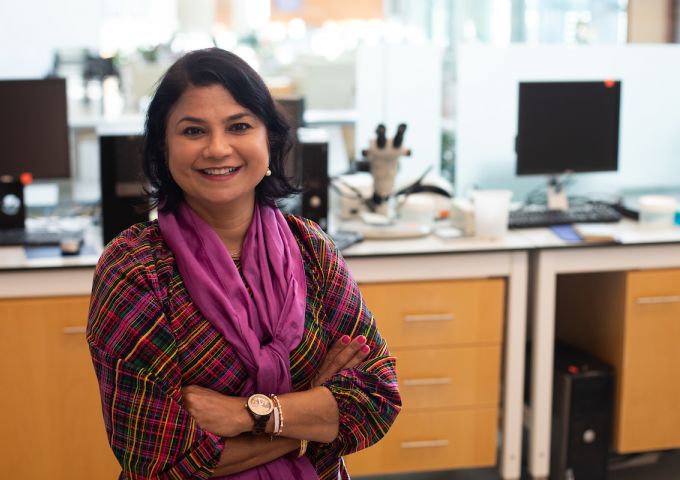
Seema Singh, Ph.D., is a professor of pathology at the Whiddon College of Medicine and a senior member of the cancer biology program at the USA Health Mitchell Cancer Institute.
